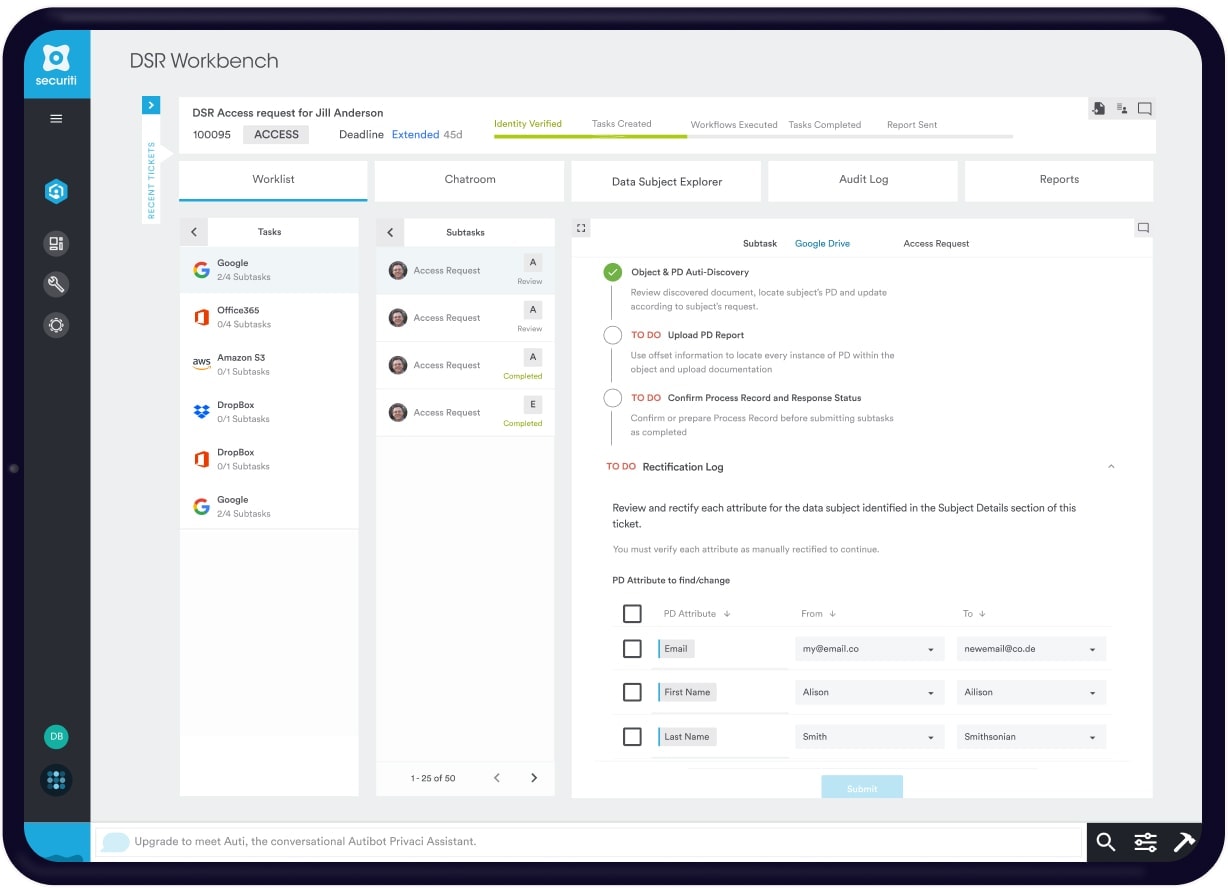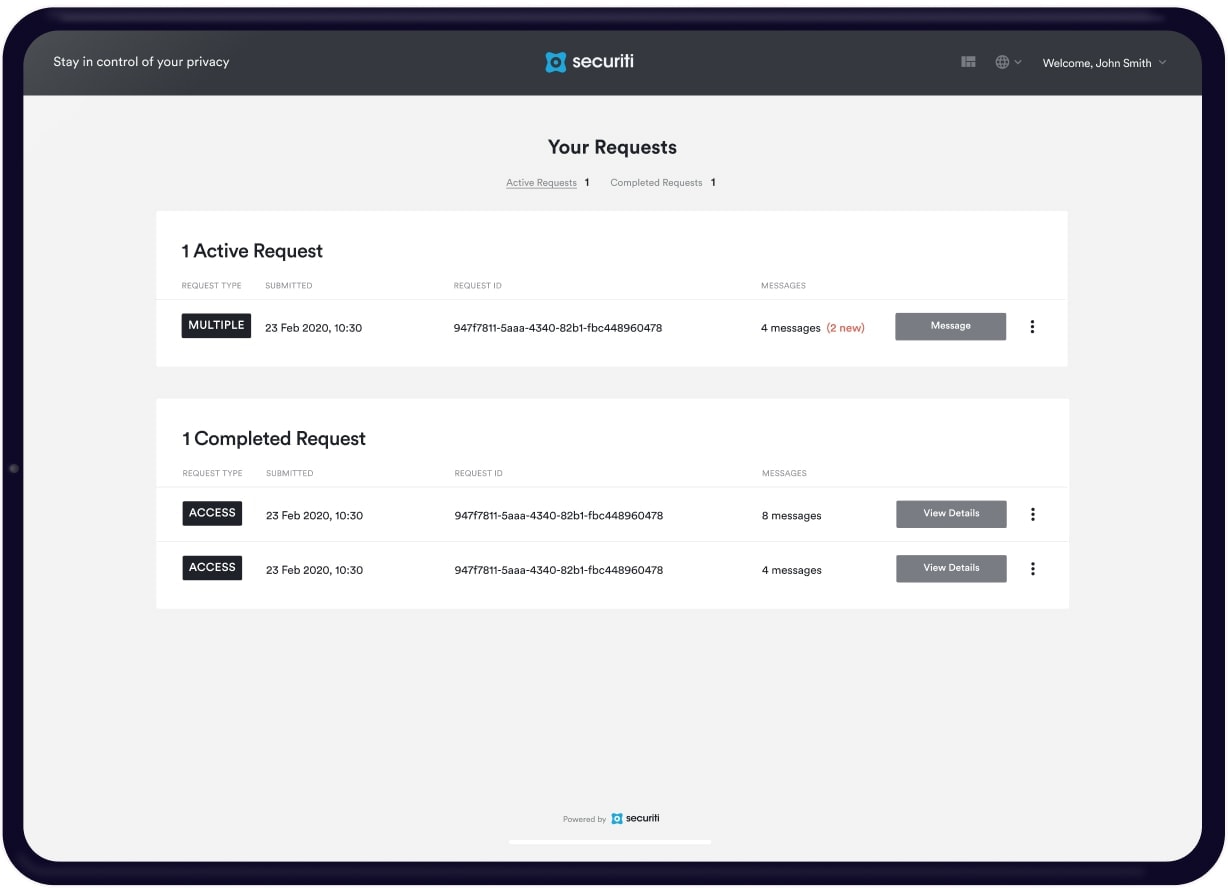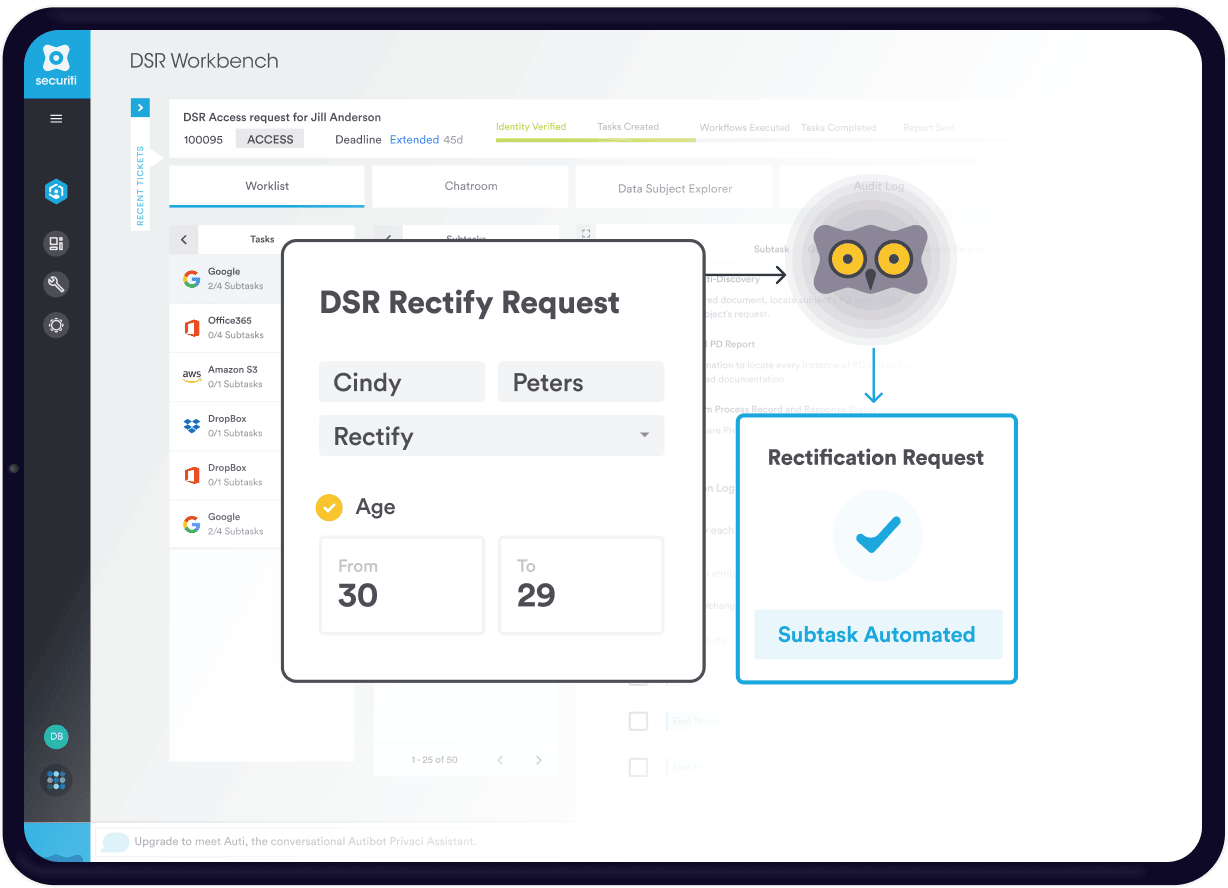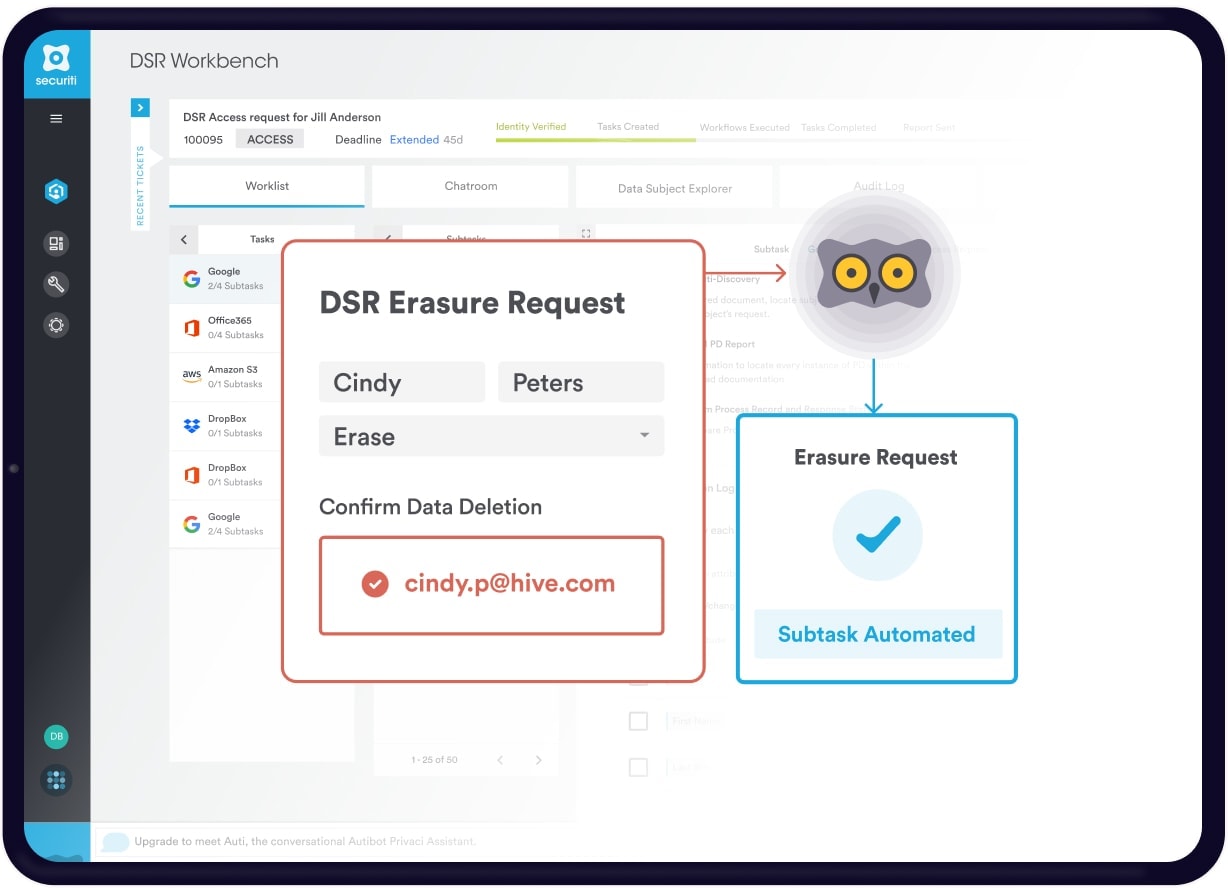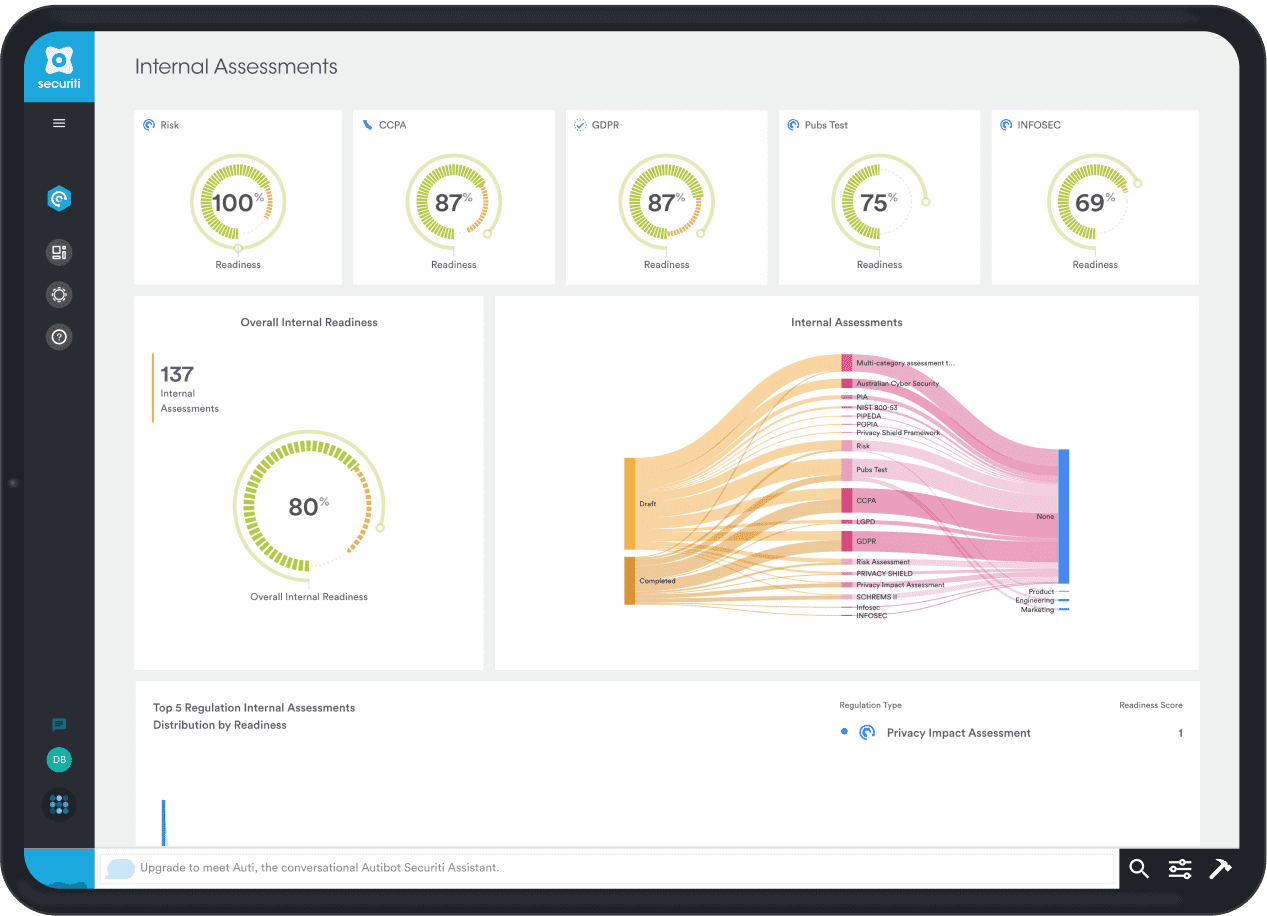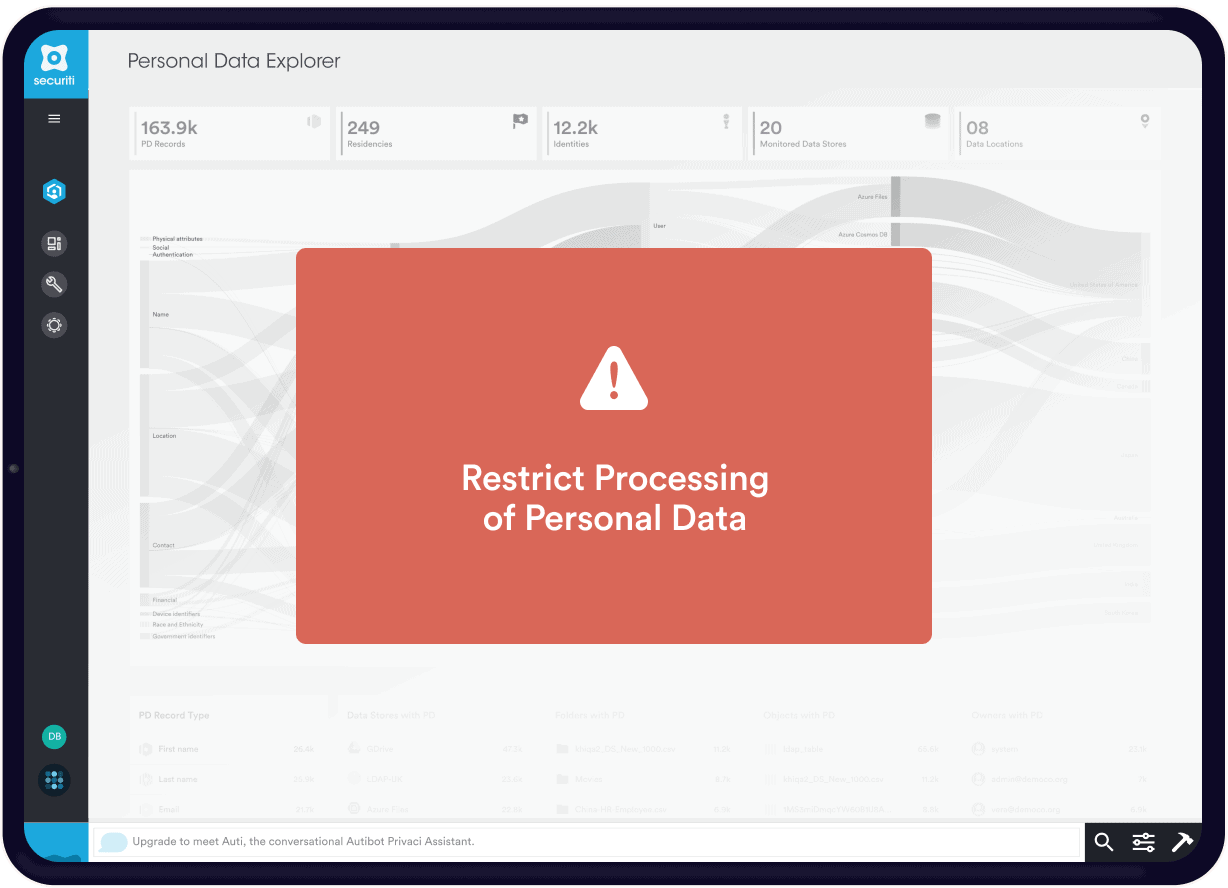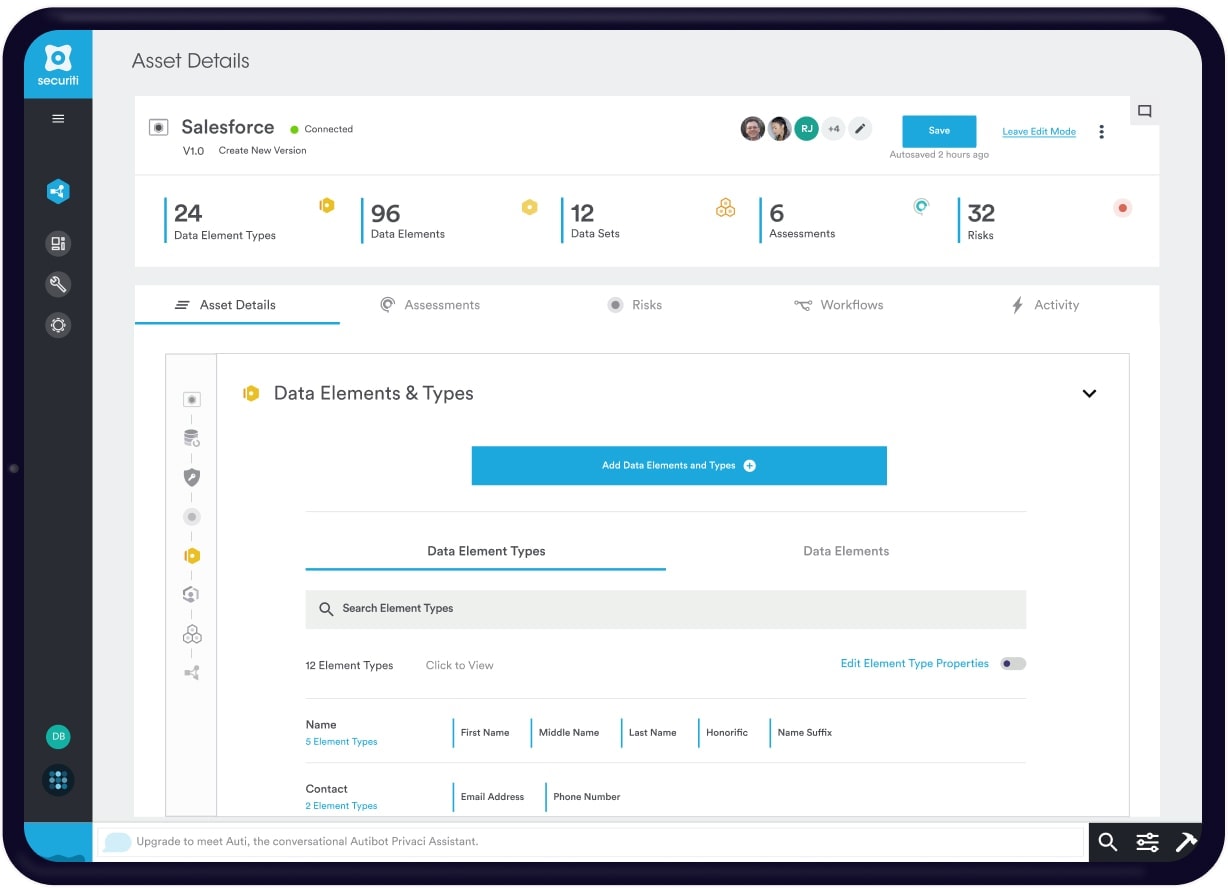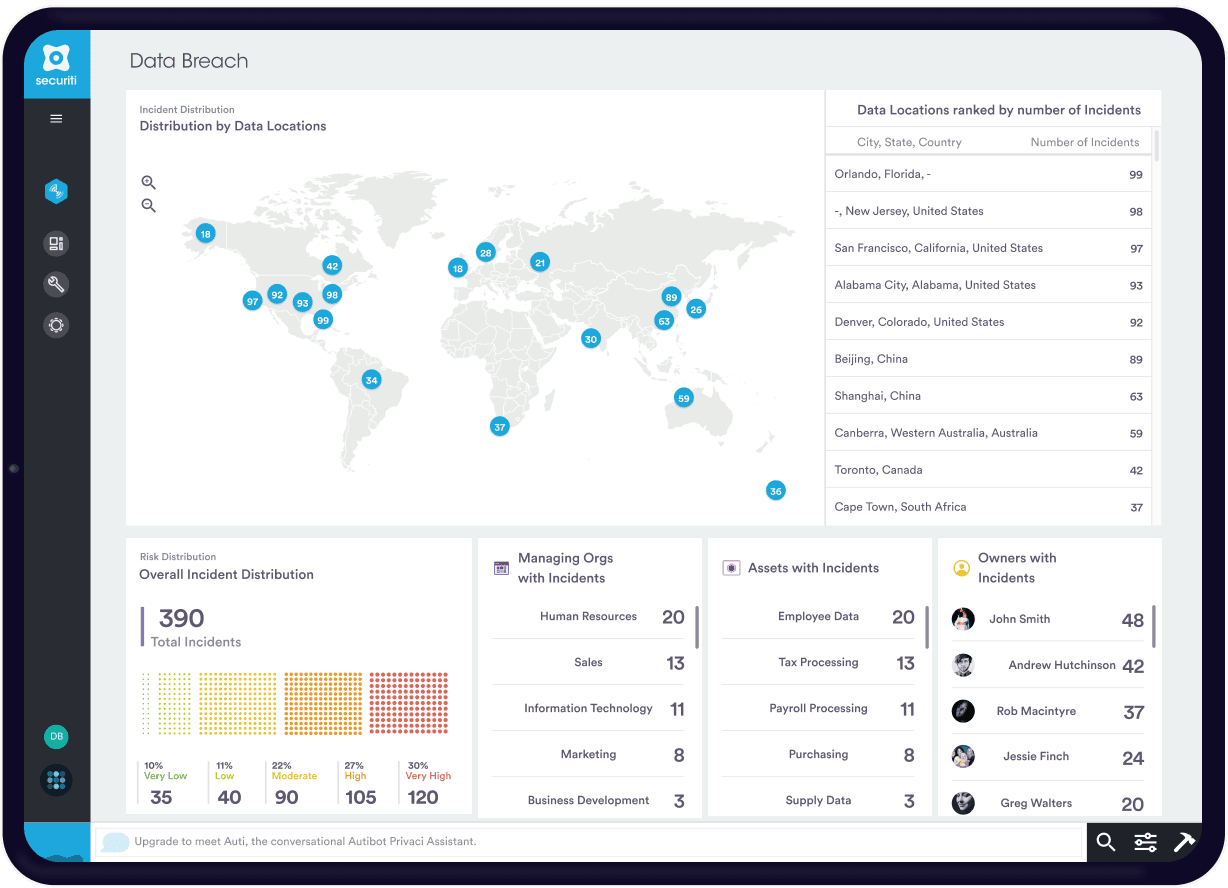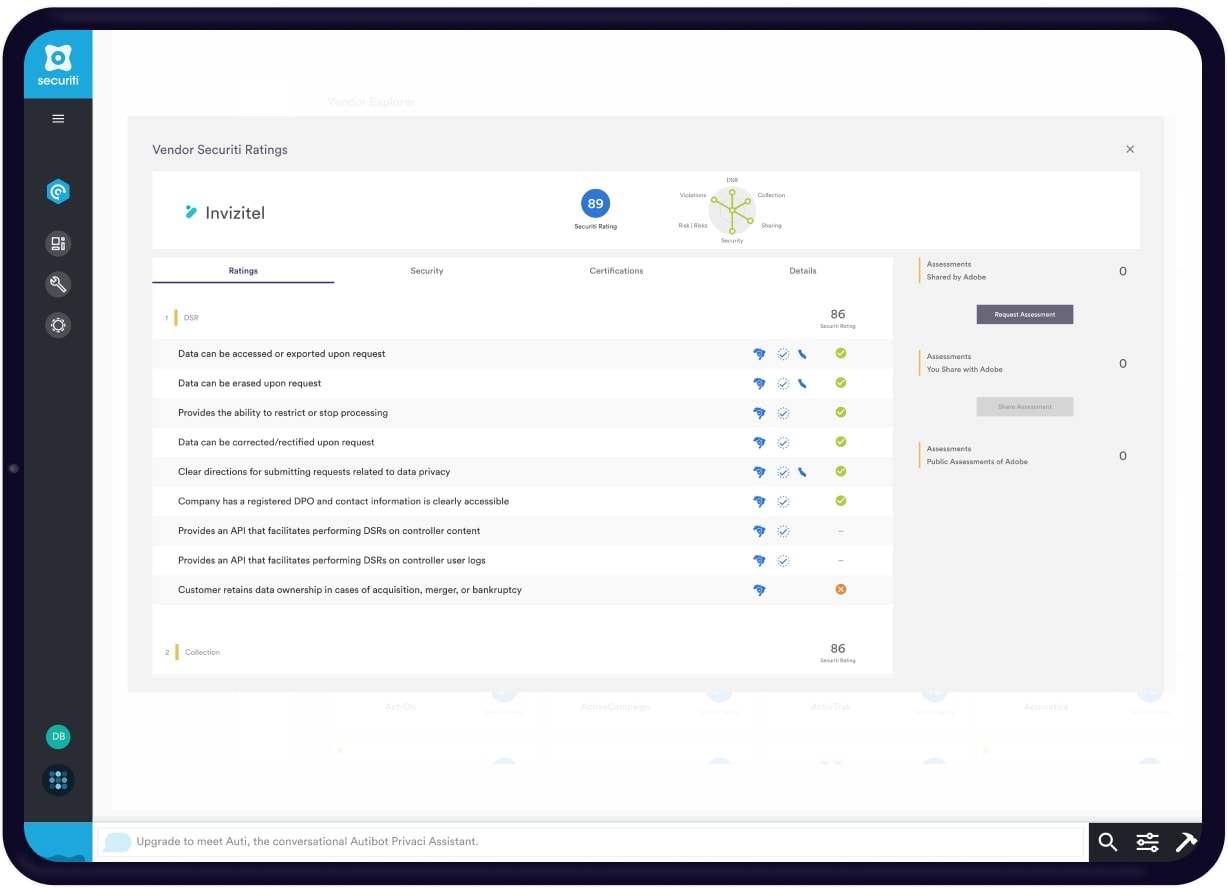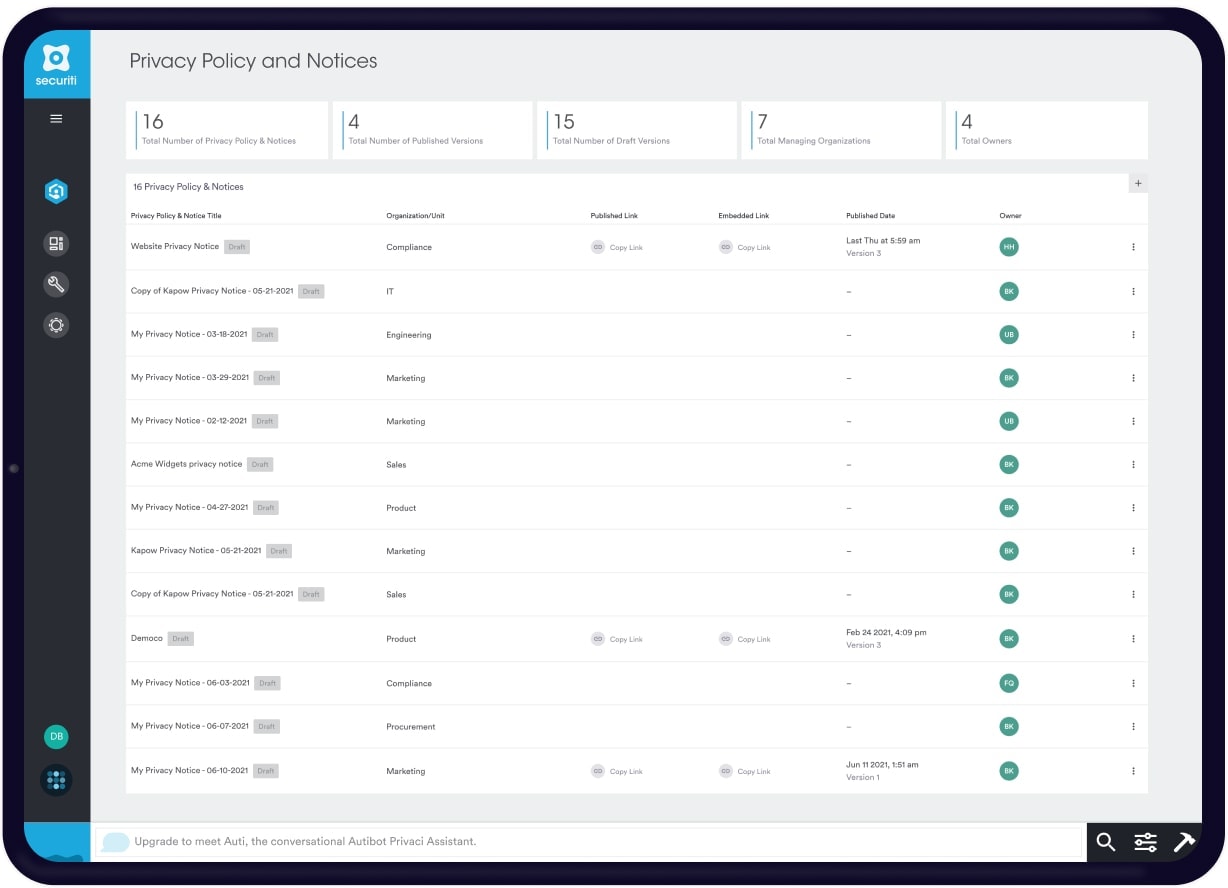Germany’s Bundesdatenschutzgesetz (BDSG) in German, or the Federal Data Protection Act in English, was enacted in May 2018 to implement the GDPR in Germany. The law applies to all data controllers and processors that process personal data in Germany or in the context of the activities of an establishment of the controller or processor in Germany. It applies to both private and public bodies of the Federation as well as public bodies of the Länder, especially where data protection is not governed by Land Law.
Since the BDSG implements and supplements the GDPR, there are no variations from the GDPR as far as the legal basis of the processing is concerned. Accordingly, the six legal bases that allow the collection and processing of personal data are the data subject’s consent, the performance of a contract, compliance with a legal obligation, protection of vital interests of the data subject, performance of a public task, and legitimate interests of the data controller.
Data subjects must be notified about the types of information collected and how and for how long it will be collected. Data subjects must also be informed if their sensitive personal data is collected.
Penalties for noncompliance are based on the GDPR, i.e. up to a €20 million fine or 4% of gross global annual turnover for the previous financial year, whichever is higher. Violations of certain requirements such as that of processing of personal data in relation to consumer loans may be punished by an administrative fine of up to €50,000.


